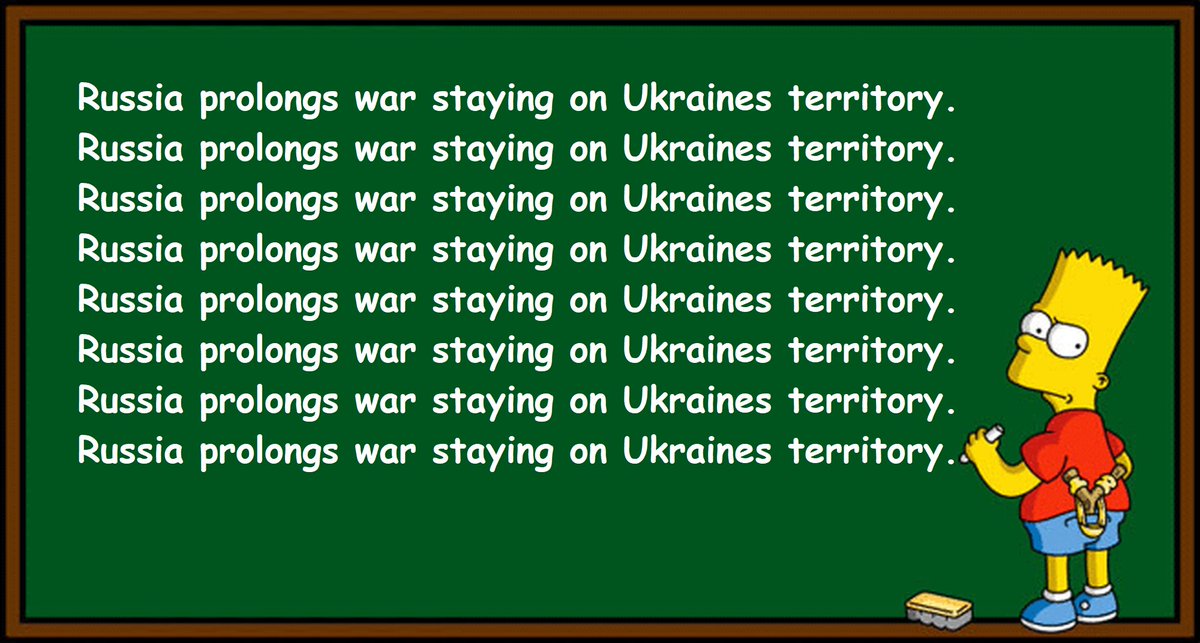
Problemen met registreren of reageren op de berichten?
Een verloren wachtwoord?
Gelieve een mail te zenden naar [email protected] met vermelding van je gebruikersnaam.
 |
Registreren kan je hier. Problemen met registreren of reageren op de berichten? Een verloren wachtwoord? Gelieve een mail te zenden naar [email protected] met vermelding van je gebruikersnaam. |
|
|||||||
| Registreer | FAQ | Forumreglement | Ledenlijst |
| Binnenland Onderwerpen omtrent de binnenlandse politiek kunnen hier terecht. Let er wel op dat dit subforum enkel over dergelijk algemene zaken gaat die niet thuishoren in de themafora. |
 |
|
|
Discussietools |
|
|
#1 | ||||
|
Secretaris-Generaal VN
Geregistreerd: 23 mei 2007
Berichten: 35.695
|
http://www.leseoliennes.be/informati...dmillcraze.pdf
het document stelling is dat de groene lobby erin geslaagd is om windmolentjes die maar 20% van de tijd werken als oplossing voor te leggen, met een geheel complex subsidiesysteem (via groene kredieten) terwijl als backup altijd maar gascentrales nodig zijn. EN eenmaal men gaat beseffen dat nucleaire energie de betere oplossing is, zal automatisch die optie terugkomen, en zal men stilletjes die windmolens laten staan nietsdoen... Citaat:
Citaat:
Citaat:
Citaat:
__________________
whoami#Warondysinfo https://euvsdisinfo.eu/ https://ground.news/ https://euromaidanpress.com/2024/01/...uhansk-oblast/ https://www.newsnow.co.uk/h/World+Ne...kraine?type=ln 
Laatst gewijzigd door brother paul : 17 november 2008 om 09:18. |
||||
|
|

|
|
|
#2 | |
|
Secretaris-Generaal VN
Geregistreerd: 23 mei 2007
Berichten: 35.695
|
Prachtige site...
wie zegt er dat de walen dommeriken zijn... Citaat:
|
|
|
|

|